Applications of High-Density Tungsten Alloy Counterweight Blocks in the Automotive Industry
- Details
- Category: Tungsten Information
- Published on Tuesday, 17 June 2025 11:27
- Written by Xiaoting
- Hits: 209
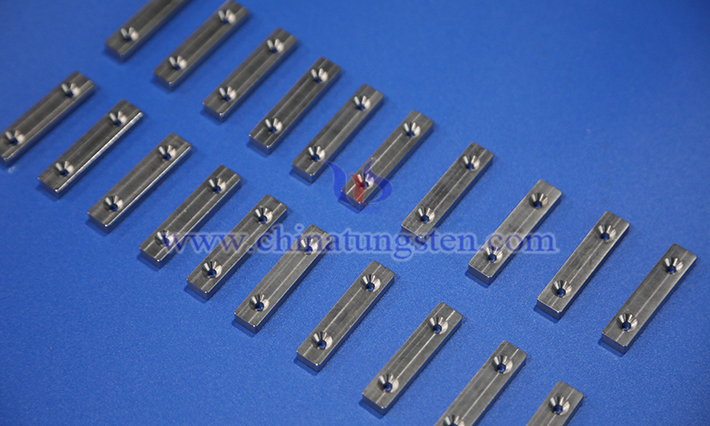
In the complex structure of an automobile, a seemingly minor yet critical component—the counterweight block—plays a vital role. Though small, it is closely linked to the vehicle’s stability and handling, serving as an unsung hero in ensuring driving safety and comfort.
Applications of High-Density Tungsten Alloy
- Details
- Category: Tungsten Information
- Published on Tuesday, 17 June 2025 11:21
- Written by Xiaoting
- Hits: 213
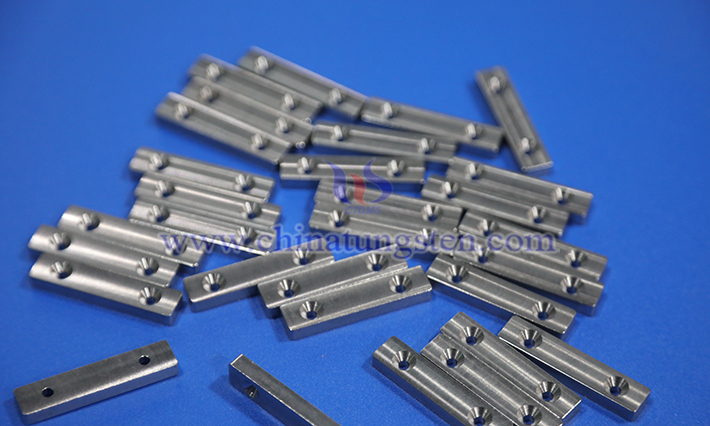
High-density tungsten alloy, primarily composed of tungsten (typically 85% to 99%) with added metals like nickel, iron, copper, or cobalt, is valued for its high density, strength, corrosion resistance, and wear resistance, making it essential across various fields.
Applications of High-Density Tungsten Alloy Counterweight Blocks
- Details
- Category: Tungsten Information
- Published on Tuesday, 17 June 2025 11:07
- Written by Xiaoting
- Hits: 185
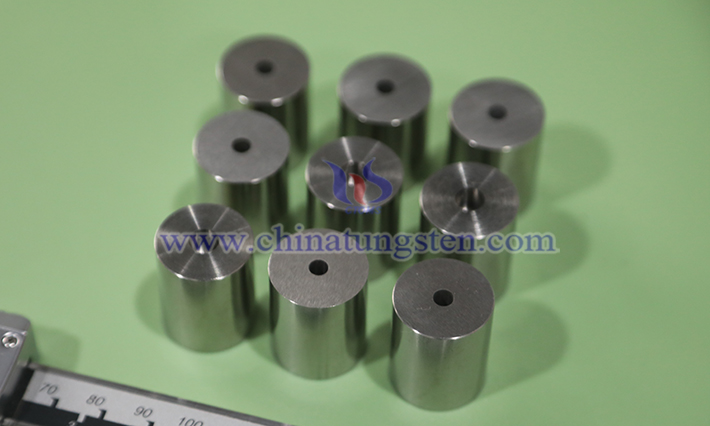
High-density tungsten alloy counterweight blocks, with densities typically ranging from 16.5 to 19.0 g/cm³, along with excellent mechanical properties and stability, play a critical role in adjusting center of gravity and balancing loads across various fields.
Read more: Applications of High-Density Tungsten Alloy Counterweight Blocks
Applications of High-Density Tungsten Alloy Counterweight Blocks in Aerospace
- Details
- Category: Tungsten Information
- Published on Tuesday, 17 June 2025 11:10
- Written by Xiaoting
- Hits: 184
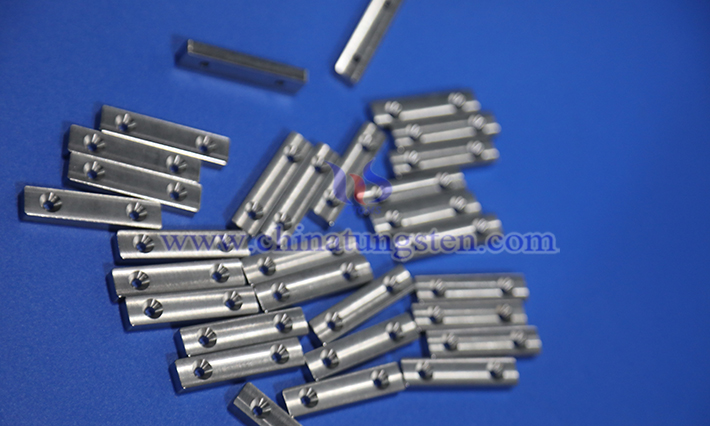
High-density tungsten alloy counterweight blocks, with their excellent properties such as high density, high strength, and high hardness, have wide and critical applications in the aerospace field, as detailed below:
Read more: Applications of High-Density Tungsten Alloy Counterweight Blocks in Aerospace
Ferrous Tungstate
- Details
- Category: Tungsten Information
- Published on Tuesday, 10 June 2025 17:35
- Written by Xiaoting
- Hits: 217
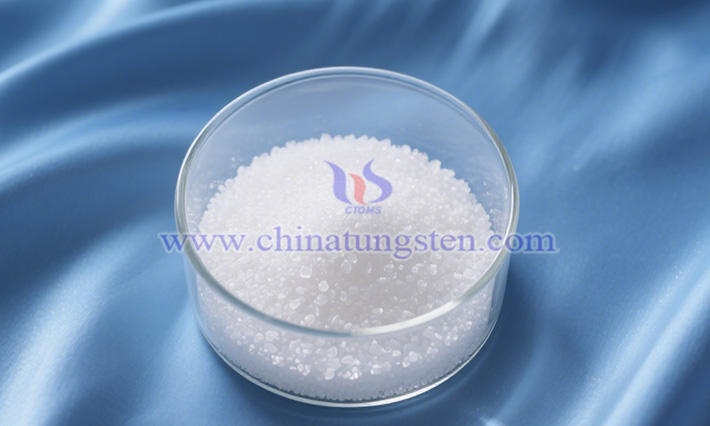
Like cobalt tungstate (CoWO₄) and nickel tungstate (NiWO₄), ferrous tungstate is an inorganic compound composed of a transition metal, a Group VIII element, and a non-metal element, exhibiting excellent physicochemical properties and wide applications in the chemical industry. Note: Iron, cobalt, and nickel, known as iron-series elements, are all from the fourth period and Group VIII, with atomic numbers 26, 27, and 28, respectively. Their properties are similar, and they all display ferromagnetism.





 sales@chinatungsten.com
sales@chinatungsten.com